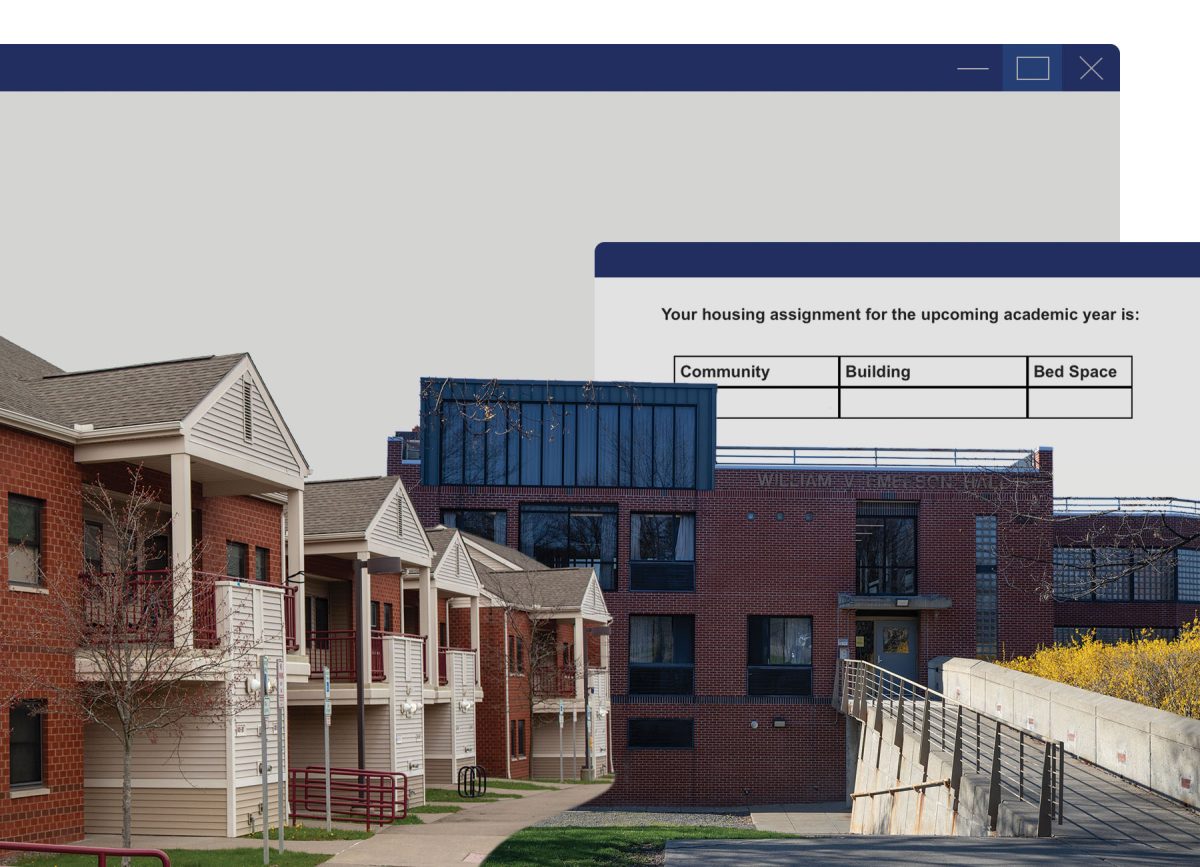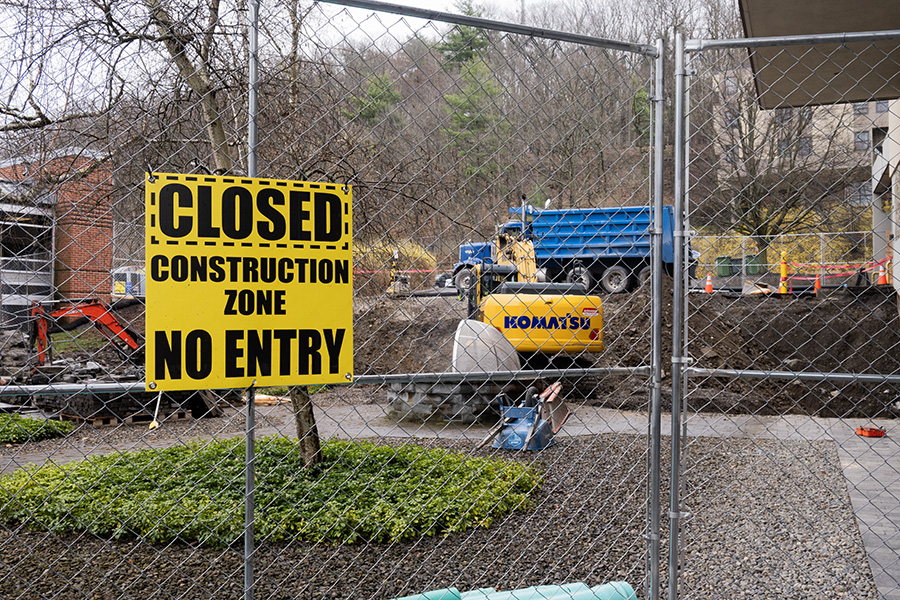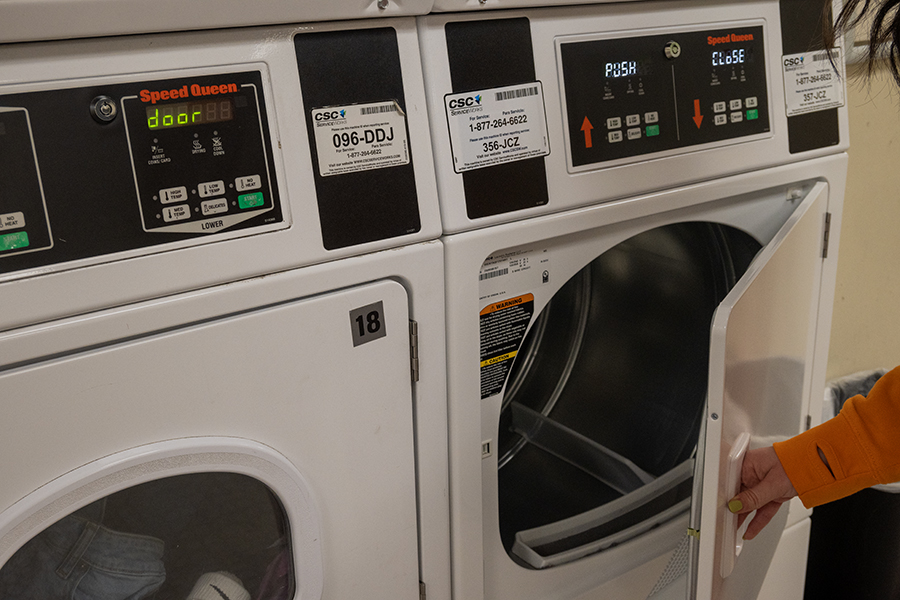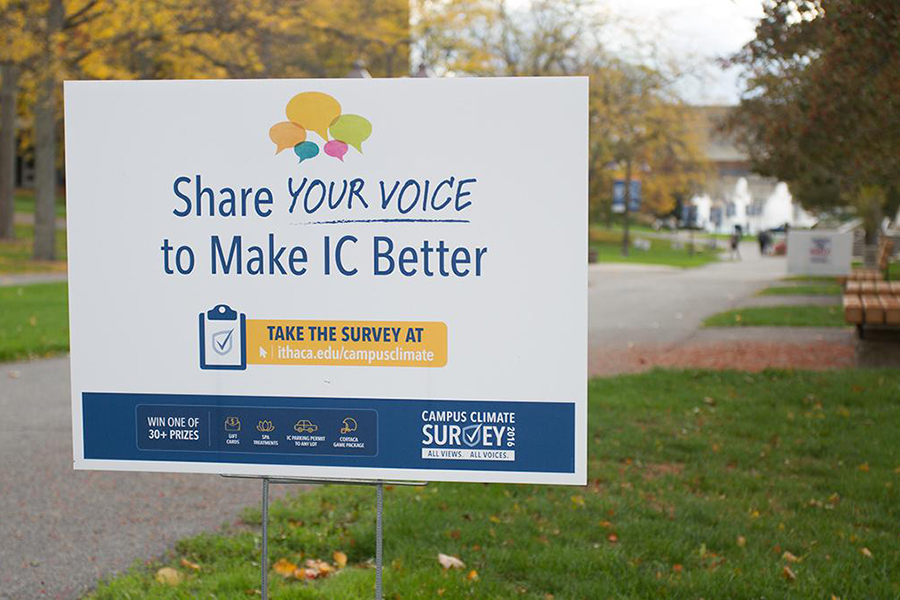Every morning, Father Alejandro Solalinde folds the hammock hanging from the walls of his small room and eats his breakfast with hundreds of other people. They are immigrants who find refuge in his shelter, Hermanos en el Camino in the city of Ixtepec, Oaxaca.
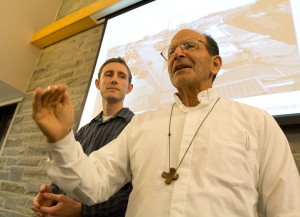
The shelter, which is also his home, was founded in 2007 and is located next to train tracks where immigrants wait for the opportunity to hop on passing trains undetected.
Solalinde, a 66-year-old Mexican Catholic priest, has spent seven years defending the rights of Central American immigrants trying to make their way into the United States.
Assistant News Editor Elma Gonzalez spoke to Solalinde about his activism and his visit to Ithaca College on Monday, which was sponsored by the Politics Department, Latin American Studies Minor, Diversity Awareness Committee, Cornell Latin American Studies Department and Committee on U.S. Latin American Relations.
Elma Gonzalez: Can you talk about the night before the shelter’s opening?
Alejandro Solalinde: A few days before establishing the shelter, something happened to me that was very powerful. The train had gone, and about 12 or 16 people were left behind. There were some women, and there was a young couple. The wife was pregnant, and there were more people and even some children.
When I saw the train leave, I knew I could do nothing because I didn’t have money to take them to a hotel. I could not take them home with me because I was under surveillance by the police and immigration authorities. They were trying to surprise and catch me “red-handed” as an immigrant smuggler and put me in jail.
I had 200 pesos in my pocket, which is less than $20. Two brothers — who later on I found out were kidnappers — approached me and offered to help me find a place for the [immigrants] to stay. They asked me for money. The immigrants didn’t have any, and I told them I only had 200 pesos. They agreed to help.
Very early the next morning, I returned. I lived two towns away, but I wanted to know if [the immigrants] were alright. To my surprise, when I arrived, they were no longer there. When I asked about them, I was told they had left. When I asked where, they said they didn’t know. I looked for them all through town, but was unable to find them. About 20 days later, I realized that where they had stayed that night was a group of kidnappers’ house. But it was too late. I [knew I] had to open a shelter, and so I did. The day it opened, about 400 people came.
What I opened though was basically just a plot of land because there was nothing. There was a light I took from a neighboring house with an extension, water I bought from a store and five hose extensions so there was water to drink and for washing. I also brought enough food for everyone, and the shelter was created.
EG: Can you describe the experience of immigrants?
AS: The immigrant, both men and women, have to face all the abuses you can imagine. They have to endure extortions, beatings, insults, contempt and xenophobia. They face the abuse of the authorities that steal their money. They have to confront the indifference of institutions that have no compassion and no human sense. What’s more, after their money is taken, women are violated. Of every 10 immigrant women who travel through Mexico, six are raped.
Basically, the immigrants are seen with the peso sign, like a little mine that needs to be exploited. People suffer all the way through, and a lot disappear. Thousands of Central Americans disappear in Mexico. Their families don’t look for them because they think that they are busy working. But the truth is, many of them are not alive anymore. They are dead, buried in some pit in Mexico, or lost somewhere else.
EG: What is the purpose of your visit to the U.S. and to Ithaca College?
AS: I received several invitations to visit universities. The objective was to have a direct contact with students and professors and share a different perspective by presenting images that could speak to students about a very different experience.
I came to invite the students to become acquainted with this environment. In fact, I spoke to them about the importance of going there and experiencing it themselves. That is going to change their lives, just like it changed mine.
This interview was conducted in Spanish and translated into English by Elma Gonzalez.


